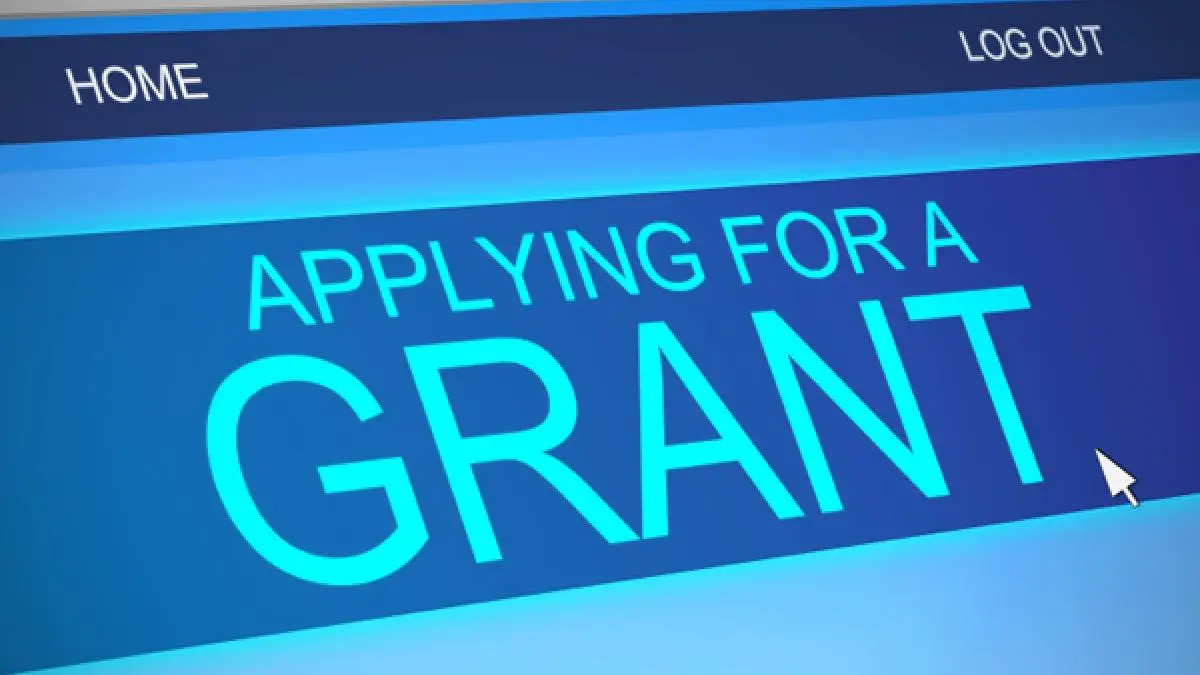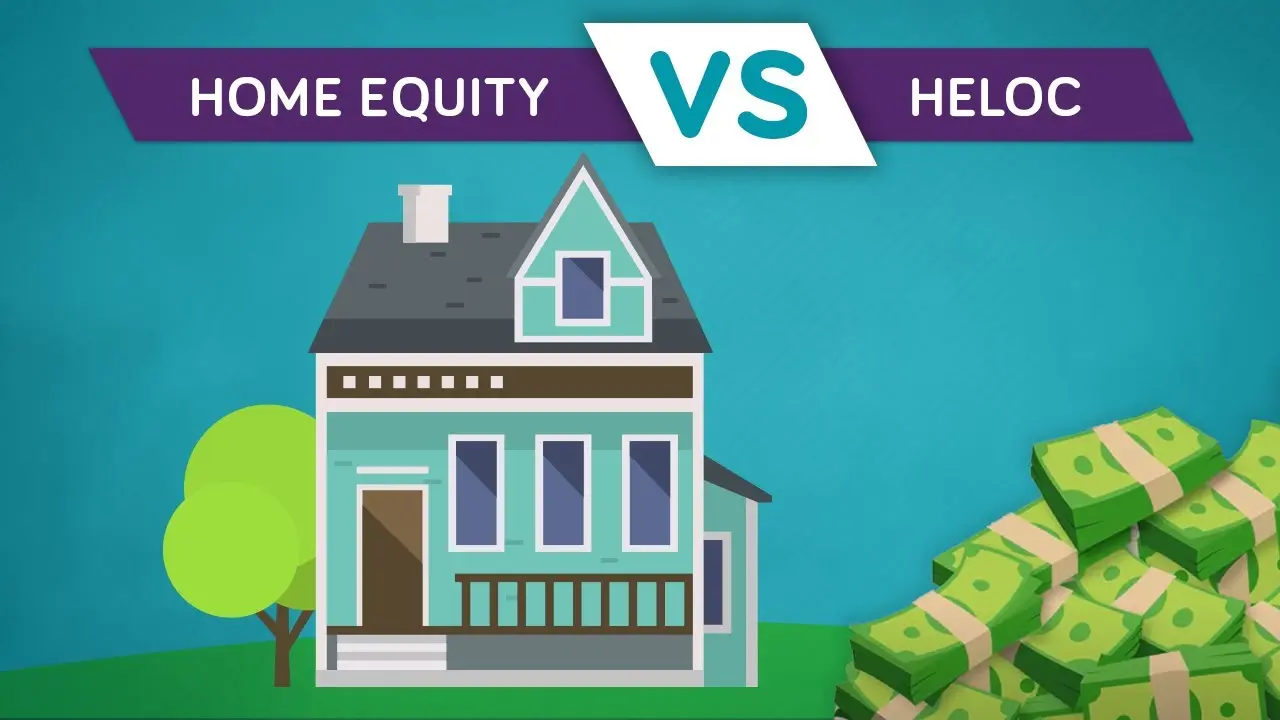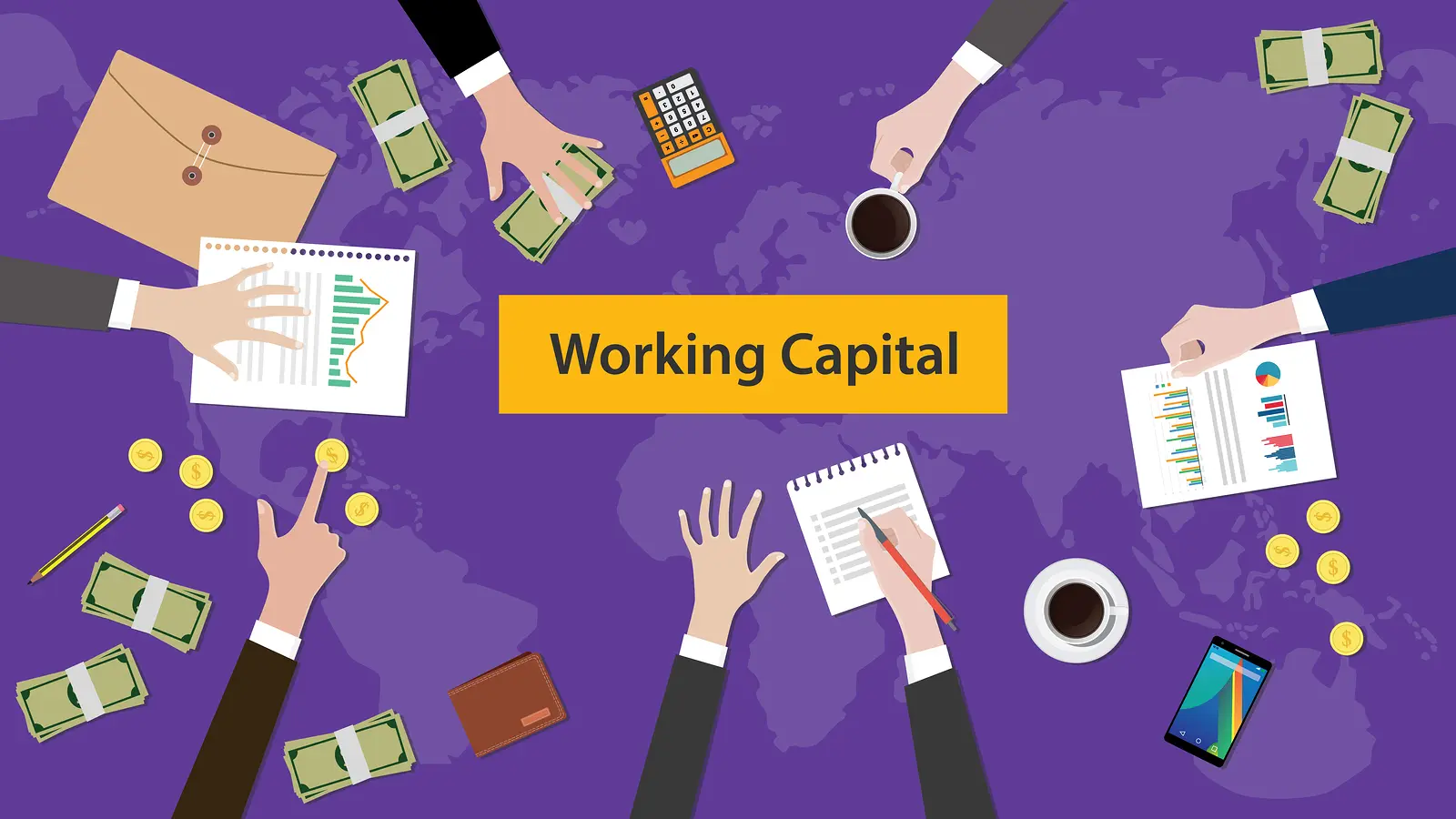
Types of Government Grants
1. Educational Grants
Overview: Educational grants are designed to help students finance their higher education without the need to repay the funds.
Key Programs:
- Pell Grants: Awarded to undergraduate students who demonstrate significant financial need. The maximum award for the 2024-2025 academic year is approximately $7,395.
- Federal Supplemental Educational Opportunity Grants (FSEOG): Target undergraduates with exceptional financial need, with award amounts ranging from $100 to $4,000 annually.
- TEACH Grants: Provide up to $4,000 per year to students who agree to teach in a high-need field at a low-income school for at least four years.
How to Apply: Complete the Free Application for Federal Student Aid (FAFSA) at fafsa.ed.gov.
2. Small Business Grants
Overview: These grants support small businesses, especially those engaged in research and development or located in underserved communities.
Key Programs:
- Small Business Innovation Research (SBIR) and Small Business Technology Transfer (STTR): Provide funding for small businesses working on innovative projects with commercial potential.
- Community Development Block Grants (CDBG): Support local economic development and small business initiatives in low-to-moderate income areas.
- Amber Grant for Women: Awards $10,000 monthly to women entrepreneurs, with an additional $25,000 annually to one of the monthly winners.
How to Apply: Search for grant opportunities on Grants.gov and SBA.gov, and follow the specific application guidelines for each program.
3. Housing Grants
Overview: Housing grants help low-income individuals and families secure affordable housing and make necessary home repairs.
Key Programs:
- Section 8 Housing Choice Vouchers: Provide rental assistance to low-income families, the elderly, and disabled individuals.
- Rural Housing Repair Loans and Grants: Offer funds to very low-income homeowners in rural areas for home repairs and improvements.
- HUD’s Good Neighbor Next Door Program: Offers significant discounts on homes for teachers, law enforcement officers, firefighters, and emergency medical technicians.
How to Apply: Apply for Section 8 through local public housing agencies, for rural housing grants through the USDA website, and for HUD programs through HUD.gov.
4. Research and Development Grants
Overview: R&D grants support scientific research and technological innovation in various fields.
Key Programs:
- National Institutes of Health (NIH) Grants: Provide funding for biomedical and health-related research.
- National Science Foundation (NSF) Grants: Support research in science, engineering, and education.
- Department of Energy (DOE) Grants: Fund research projects aimed at advancing energy technologies and addressing energy challenges.
How to Apply: Visit the respective agency’s website (NIH, NSF, DOE) and follow their grant application procedures.
5. Community and Social Services Grants
Overview: These grants support programs and initiatives aimed at improving community welfare and providing social services.
Key Programs:
- Community Services Block Grant (CSBG): Provides funds to alleviate poverty and empower low-income families.
- Social Services Block Grant (SSBG): Supports a wide range of social services aimed at improving the lives of vulnerable populations.
- AmeriCorps Grants: Fund volunteer programs that address critical community needs.
How to Apply: Applications for CSBG and SSBG can be submitted through state agencies, while AmeriCorps grants can be applied for through the AmeriCorps website.
Conclusion
Understanding the types of government grants and loans available in 2024 can help you take advantage of these financial resources to achieve your educational, business, housing, and community goals. By following the appropriate application processes and meeting eligibility criteria, you can access the funding you need to make a significant impact on your personal or professional life. Stay informed about these opportunities and be proactive in seeking out the financial assistance that best suits your needs.









